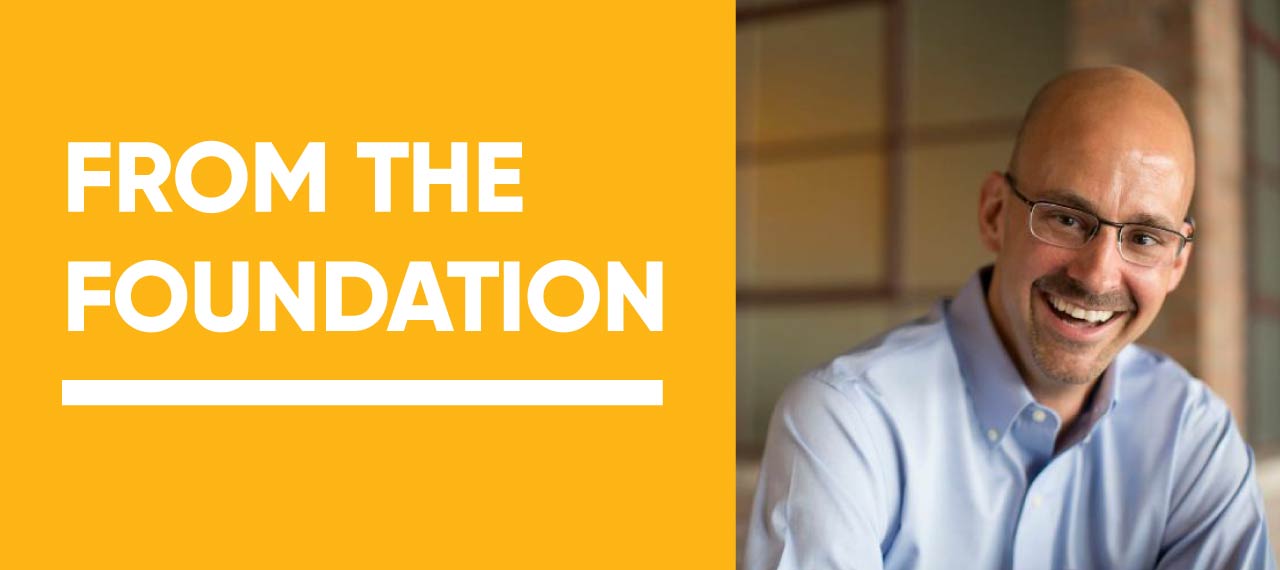
For the first 4,000 years of recorded human history, everyone agreed that the sun and the other planets revolved around the earth. It wasn’t until about 1000 A.D. when a handful of scientists began to challenge this idea and argued that the Earth was one of a handful of planets that revolved around a star, which we call the sun.
This shift in a widely accepted paradigm radically altered the way we thought about our place in the universe and changed the way we interpreted vast amounts of information in the known world.
Today, we all believe in a set of paradigms that influence how we interpret our environment. These beliefs impact where we live, how we vote, the purchases we make, and the people we choose as friends. They are typically developed over a long period of time and are difficult to change.
Consider politics for example.
At some point in our lives, most of us started believing that one political ideology was better than others. This paradigm has continued to be strengthened throughout our lives because we filter all information about the world through our ideological lens (also known as living in an echo chamber).
As a paradigm becomes more entrenched, the possibility of considering another viewpoint might not enter our minds. We might become convinced that anyone who disagrees simply doesn’t understand the issue. This approach dulls our curiosity and reduces our interest in learning anything new.
There’s a much larger downside to this type of entrenched paradigm than uncomfortable dinner conversations with an opinionated relative at Thanksgiving. Our inability to see other viewpoints can hurt our ability to attract new clients and land new projects.
Imagine that you’re the VP of marketing for a 300-person architectural firm. You’ve got tons of experience, put together hundreds (feels like thousands) of proposals, and sat in lots of client interviews.
Congratulations … you’re an expert.
People seek your opinion regularly wondering:
- Should we go after this project?
- Who do we decide to put on the team?
- Does it make sense to find a local partner?
- How many case studies do we include in the RFP?
- How important is content development (blog, video, podcast, etc.)?
- Etc., etc., etc.
You enjoy giving advice and helping others make smart business decisions.
Then, it happens.
You’re watching (unfortunately via Zoom) a panel of industry experts and someone you’ve respected for years makes a statement that’s completely opposite from your viewpoint on an important issue.
You roll your eyes and think, “Apparently, they’ve lost their mind.”
But have they really?
Is it possible you’re wrong and that it’s time you considered a different opinion?
Adopting a new belief (especially about an important topic like admitting that Popeye’s has a tastier sandwich after a lifetime of Chick-fil-A) is difficult. It feels like admitting we’ve been an idiot for a long time and this potential regret keeps us from exploring a different position.
After advising executives for more than seven years, it’s clear that the most influential and successful leaders always search for the contrary opinion. They never assume they’re the smartest person in the room and recognize the best decision is the one that includes the best information. They eliminate “yes” people from their teams and encourage healthy disagreement.
If your goal is growth (which it should be because we can’t maintain the status quo: we’re either getting better or worse), then it’s time to swallow your pride and embrace a new paradigm every now and then. (Unless of course you’re one of those people that thinks Dunkin has better coffee than Starbucks—that’s just crazy.)
To seek out a new paradigm or new marketing strategies to be the smartest person in the room, please consider the research and numerous other resources from the SMPS Foundation. We’re here to help you and your firm grow and consider other possibilities.
Article written by CJ McClanahan who sits on the SMPS Foundation board as a nonmember trustee. CJ can be reached at cj@cjmcclanahan.com.







